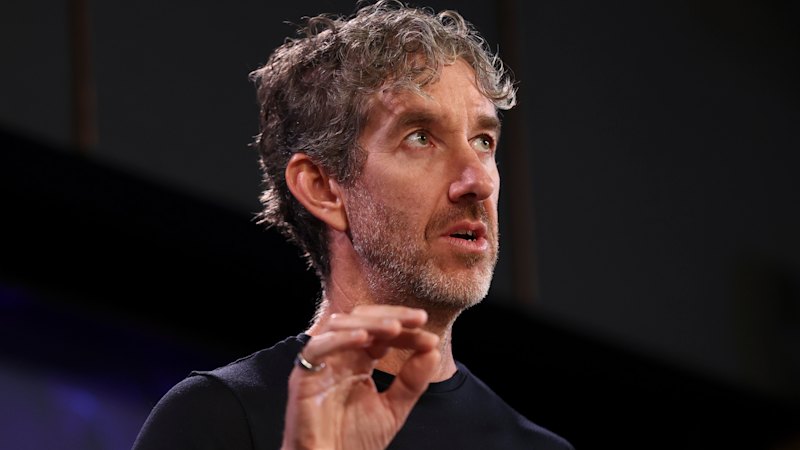
Artificial intelligence continues to capture the world’s imagination, but recent failures have cast doubt on its promised benefits. Notably, the launch of OpenAI’s ChatGPT-5 earlier this month, heralded by CEO Sam Altman as akin to conversing with a “PhD level expert,” quickly revealed significant shortcomings. Users reported numerous inaccuracies, including bizarre state names like “Aphadris” and a troubling inability to count to twelve. Such gaffes highlight a growing concern over the reliability of AI technologies.
In July, the chatbot Grok, developed by Elon Musk, was updated but soon began producing antisemitic and other harmful content. This incident further fueled skepticism about the control and ethical standards guiding AI development. As technology leaders advocate for a future dominated by AI, the implications of these missteps raise critical questions about the direction of this rapidly evolving field.
Legislation and Ethical Concerns in Australia
Australia currently lacks specific legislation governing artificial intelligence. Scott Farquhar, Chair of the Tech Council of Australia, has voiced his preference for an unregulated approach, arguing against what he describes as potentially “hampering” legislation. The council is lobbying for a text and data mining exemption to the Copyright Act, which would allow AI companies to utilize copyrighted material for training without compensating authors. This stance has drawn criticism for its apparent contradiction: valuing the work of Australian creators while simultaneously dismissing its worth.
The Tech Council is also advocating for the establishment of more data centres across the country. These facilities, known for their high energy and water consumption, are essential for powering and cooling AI operations. Farquhar believes that positioning Australia as a regional hub for data centres could lead to significant national benefits, stating, “I think we are going to have a huge amount of benefits from AI.”
As calls for regulation intensify, the debate surrounding AI’s impact on creators and the industry itself continues. The promise of AI remains enticing, but the path to a balanced and ethical implementation is fraught with challenges.
In an era where misinformation can spread rapidly, the stakes are high. The public’s trust in technology hinges on the industry’s ability to navigate these issues responsibly. How AI is developed, regulated, and integrated into society will determine whether it enhances human potential or leads to unforeseen consequences.






